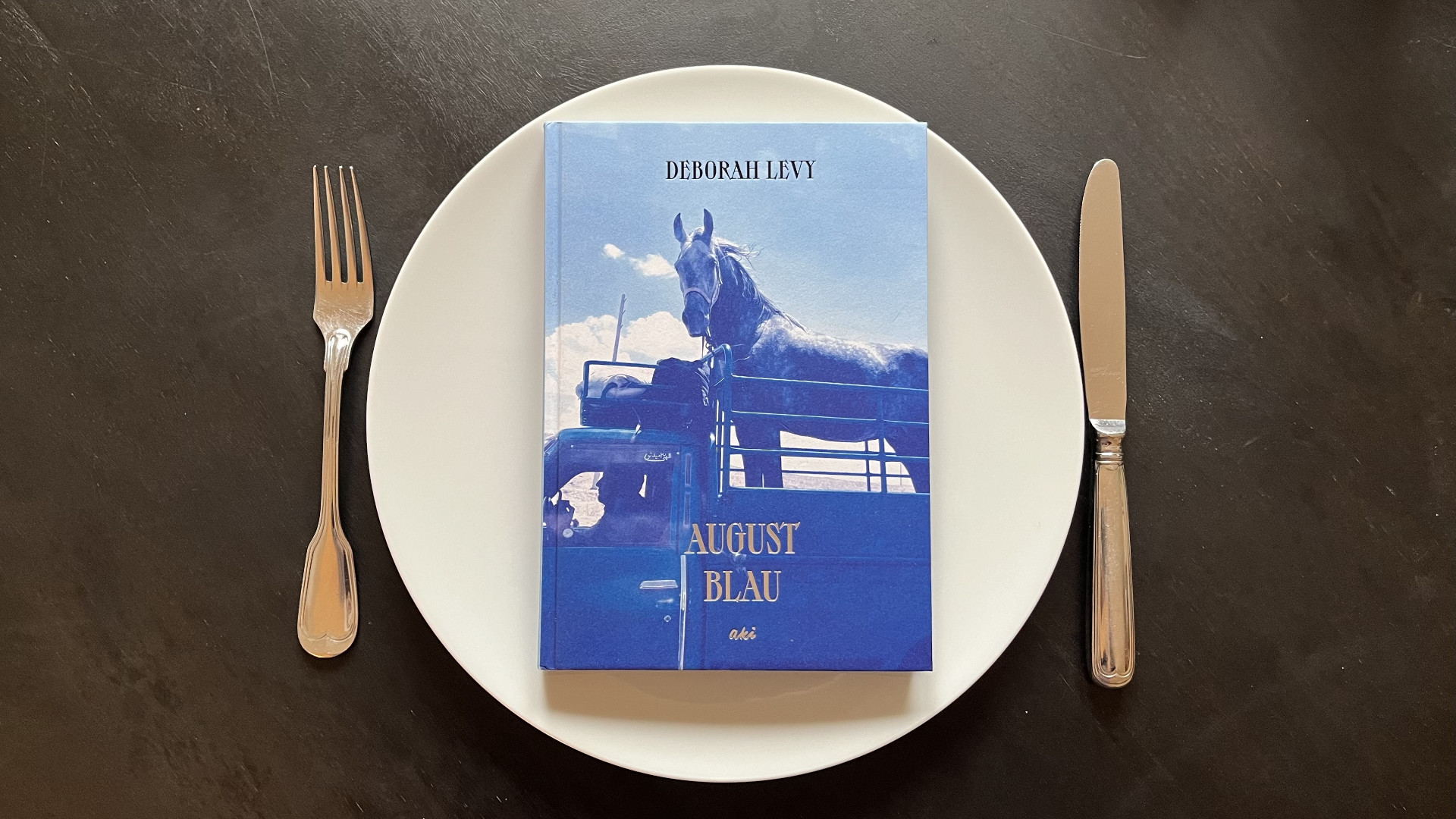The virus had definitely landed in Europe when my first book came onto the market. Health emergency - pandemic - lockdown. Is that an advantage or a disadvantage, I asked myself at the time? I started using Instagram and immersed myself in a bubble called Bookstagram. Lots of people writing, reading, reviewing, promoting or giving away books. Of course, the bookshops and publishers were there too, with new ones joining every day. A colorful coexistence of larger and smaller accounts. And of beautiful stories. People shared doubts about writing, feelings of happiness when reading, cover joys, publications, setbacks and tips. Everyone could take part, the tone was friendly and there was great interest in each other.
Book market, digital and accessible
In the first year of the pandemic, I met people in this bubble who are now friends. I was invited to write for a literary magazine and made contacts with publishers, bloggers and test readers. The literary world was suddenly more open and digital. At the same time, many people were rethinking their professional situation and a reader with a few hundred followers, who did marketing for dental splints in her normal life, developed into a successful blogger who soon after switched to a large publishing house.
When corona subsided, the bubble on Instagram largely remained. A few accounts suddenly went quiet, others disappeared, but much remained the same. Instagram tweaked its algorithm and made it more difficult to stay in touch with each other. Posts from close contacts were displayed less and less often, with ads and videos from raccoons appearing instead. Slowly and insidiously, the bubble became quieter, the posts became fewer and interest waned.
New online skepticism
And at some point, it was also noticeable in normal life. The stores filled up again, as did the offices and public transport. Suddenly everything was back to the way it used to be. "Home" and "virtual" had become alien as quickly as they had entered our everyday lives. People no longer met online, messages went unanswered and interest in digital acquaintances waned. Nothing can replace real encounters. Of course not. But what does this mean for writers?
It means that spaces once again belong more to those who are selected by publishers, agencies and newspapers. It is again more difficult to find your own audience, because readings and bookstore shelves belong to those who are already successful. Lesser-known authors (and publishers) are no longer so easy to find and the power of the big publishing budgets (and perhaps even the feuilleton?) is returning.
Today I know that it was a good thing to publish my books during the pandemic, because as much as we like to suppress it, it created a digital space that enabled diversity and exchange - on a platform as impossible as Instagram, of all things - and will now be missed by many writers.





